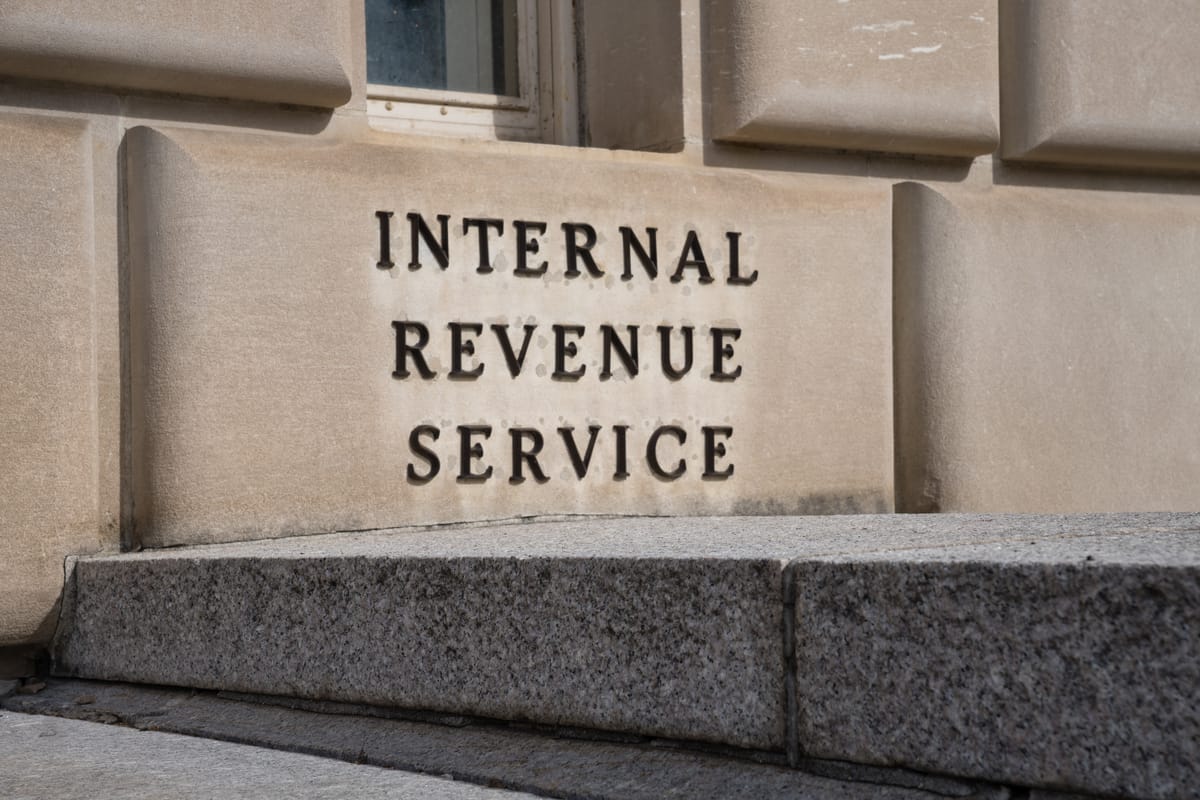

Understanding Government Impersonation Scams
Government impersonation scams are sophisticated and can affect anyone. These scams involve identity criminals posing as government employees from various agencies such as the Internal Revenue Service (IRS), the Federal Trade Commission (FTC), the Social Security Administration (SSA), and the Department of Homeland Security (DHS). Scammers use phone calls, texts, emails, and social media messages to deceive victims into providing personal information or money.
Common Types of Government Impersonation Scams
There are several common types of government impersonation scams. One of the most prevalent is the IRS impersonation scam, where scammers claim you owe taxes and threaten arrest if you do not pay immediately. Medicare impersonation scams are another type, where scammers ask for your Medicare number or other personal information. Additionally, scammers may impersonate law enforcement or other government agencies to create a sense of urgency and fear.
How to Identify Government Impersonation Scams
To protect yourself, it is crucial to be cautious with any unsolicited communication claiming to be from a government agency. Here are some key indicators of a scam:
Urgency
Scammers often create a sense of urgency, telling you that you must act immediately or face severe consequences.
Threats
They may threaten you with arrest, fines, or loss of benefits if you do not comply.
Unofficial Communication Channel
Legitimate government agencies typically communicate through official channels and rarely use phone calls, texts, or emails for urgent matters.
Request for Personal Information
Scammers will ask for your personal or financial information, which legitimate agencies would not do over unsecured channels.
Fake Caller ID
Scammers can fake caller ID to make it appear as though the call is coming from a government agency.
Steps to Protect Yourself
Here are some steps you can take to protect yourself from government impersonation scams:
Ignore Unsolicited Requests
If you receive an unexpected call, text, or email from someone claiming to be from a government agency, ignore it. Do not respond or click on any links.
Verify the Information
Contact the government agency directly using official contact details to verify the authenticity of the communication.
Do Not Act Under Pressure
Scammers use urgency to push you into acting without thinking. Take your time to verify the information before taking any action.
Use Trusted Payment Channels
Only make payments to government agencies through verified, official channels. Never use gift cards, wire transfers, or cryptocurrency.
What to Do If You’ve Been Targeted
If you believe you have been contacted by a scammer impersonating a government official, take the following steps
Report the Scam
File a report with the FTC at reportfraud.ftc.gov and notify your local consumer protection agency.
Contact Your Bank
If you have provided financial details or made a payment, contact your bank immediately to try to recover your funds.
Freeze Your Credit
Consider freezing your credit to prevent scammers from opening new accounts in your name.
Spreading Awareness and Reporting Scams
It is important to spread awareness about government impersonation scams to help others avoid falling victim. If you receive a scam message, report it to the relevant authorities such as the FTC and the FBI’s Internet Crime Complaint Center. By reporting these scams, you help in the efforts to combat identity crimes and protect others from similar scams.
Dues are $12 per year. Member benefits:
✅ Ad-Free Website Viewing
✅ Advocacy for Republican Seniors
✅ 120+ Senior Discounts
✅ Member Only Newsletters